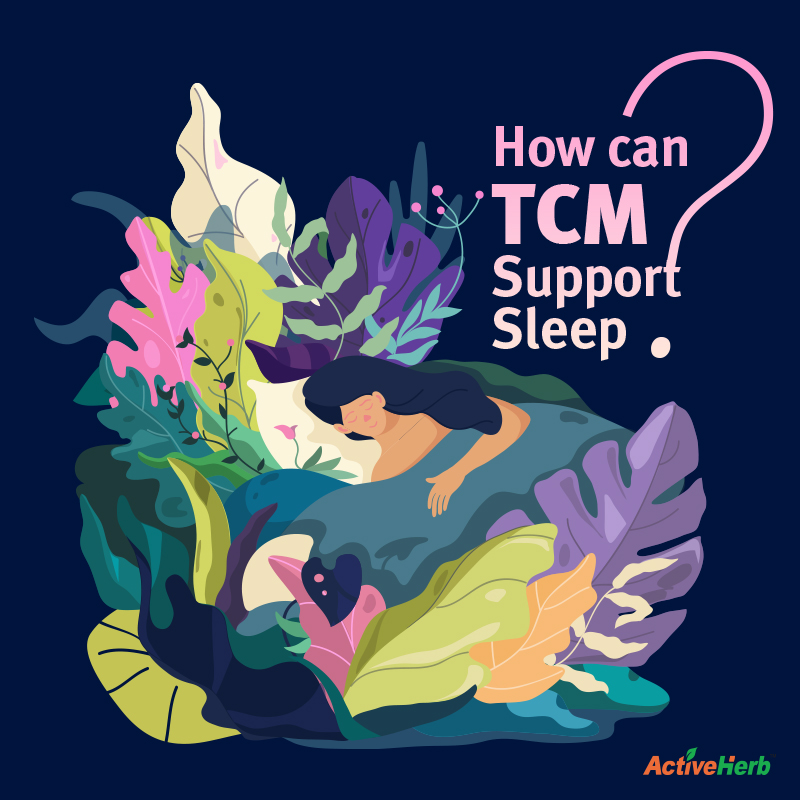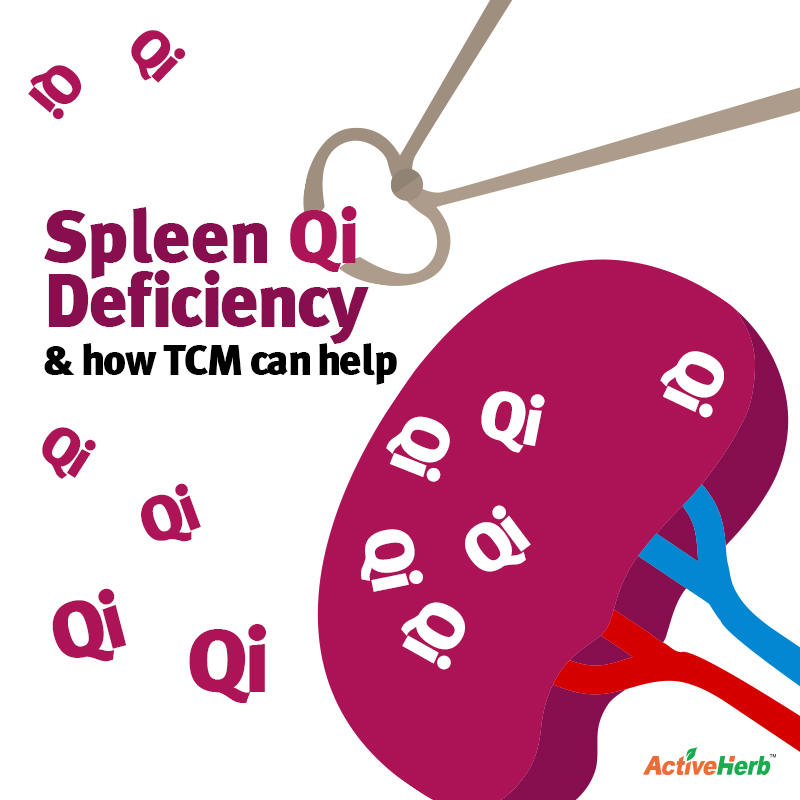Is Coffee Healthy? The Stimulating Answer According to TCM

Are you hooked on coffee? If so, is that a good thing or bad thing? Is coffee healthy?
After all, one news report will say it’s healthy to drink coffee while another says it’s harmful.
So which is it?
It’s an important question to ask, considering these statistics:
Over 80 percent of people 18 years of age and older drink coffee in the U.S., which leads the world in coffee consumption. And on average, each U.S. adult drinks three cups a day of coffee. That means, approximately 600 million cups of coffee are consumed each day in the U.S. (1)
Coffee, from a western health perspective, seems to be a double-edge sword. On one hand, it contains antioxidants. Some research studies suggest moderate coffee consumption offers benefits.
For example, a study from Italy concludes that up to five cups per day (the term “moderate” is subjective) increases blood concentrations of glutathione, which is the body’s natural master antioxidant. (2)
Another study concludes chlorogenic acid (CGA), a phytochemical in coffee contains antibacterial, antioxidant, and anticarcinogenic properties. In addition, CGA also helps metabolize blood sugar and lipids. (3)
On the other hand, drinking multiple cups of coffee (or other sources of caffeine) may make one feel jittery. Moreover, high coffee consumption may lead to insulin resistance and abnormal retention of fat, according to an Australian study. (4)
And there’s more bad news for coffee drinkers. Caffeine can negatively affect mental health. In fact, a study of over two-thousand children suggests caffeine intake raises the risk for anxiety and depression. (5)
Thus, it seems, coffee is a mixed bag of beans.
Coffee In Traditional Chinese Medicine
Is coffee healthy according to traditional Chinese medicine theory? Is it good for your Qi? Will it open your meridians, leading to better circulation?
And does TCM even have an ancient opinion of coffee? After all, China is a tea republic, not a coffee paradise. (Although, to be sure, in modern times, more Chinese citizens are indulging in western tastes, coffee among them.)
In fact, it wasn’t until about the 13th century that coffee beans were roasted. This makes coffee at least 4,000 years younger than tea in China.
However, some herbs in TCM formulas are close botanical cousins to coffee, which is a member of the Rubiaceae family.
Take for instance Zhi Zi (Gardenia Fruit). It purges fire, removes irritability and cools the blood and resolves toxicity.
Another coffee cousin used in TCM is Bai Hua She She Cao (Hedyotis), which also clears heat and resolves toxicity, in addition to invigorating the Blood.
Gou Teng, another member of the Rubiaceae family (Uncaria) clears heat, harmonizes the Liver, extinguishes wind and settles fright. There are other herbs in the Rubiaceae family that appear in classic Chinese medicine formulas.
According to Subhuti Dharmananda, Ph.D., director of the Institute for Traditional Medicine in Portland, Oregon, in the Chinese system, coffee has been analyzed as a medicinal herb in the same way as the herbs above (in terms of nature, taste, and therapeutic actions).
Dr. Dharmananda says therapeutic herbs are given in a certain dosage range to get the desired effects.
Herbs that come from beans, like coffee, typically have a dosage of 6-18 grams per day. One cup of coffee on average, contains 6-9 grams of the beans.
This translates to about 1-3 cups of coffee for therapeutic benefits, an amount generally regarded as moderate.
Coffee’s Effects On The Body
Before ending up as the prefered beverage of millions around the globe, coffee beans are green. Dr. Dharmananda says coffee beans, according to TCM theory, are a class of herb that regulates Liver Qi.
An herb that regulates Liver Qi helps provide energy. This action in coffee, according to western physiology, is due to the influence of caffeine on the central nervous system.
Thus, if someone presents with Liver Qi stagnation, coffee may be beneficial. Coffee’s therapeutic benefits may stem from its ability to, as Dharmananda puts it, vigorously dredge Liver Qi stagnation.
Dharmananda also adds that one of coffee’s first therapeutic uses was for menstruation regulation. And in TCM theory, the one way to regulate menstruation is dredging stagnant Liver Qi. Thus, coffee’s therapeutic benefits is in alignment with TCM formulas for regulating menstrual cycles.
In addition, according to TCM theory, coffee beans cool constrained Liver Qi. A few common symptoms of constrained (or “blocked”) Liver Qi include irritability and tiredness.
If you’re wondering what roasting the beans does to the medicinal effects of coffee, fear not. Roasting coffee beans preserves the properties of the herb.
The only thing that roasting does, according to Dharmananda is transform the herb into a warming herb. Furthermore, it’s not unorthodox for a roasted herb to be used in TCM.
In fact, the roasting of herbs is a fairly common processing method in China.

The Beneficial Purging Effects of Coffee
Coffee also purges the gallbladder. Dharmananda claims that research on Chinese medicine suggests “Most herbs that regulate Liver Qi [such as coffee] have this effect on the gallbladder as an integral part of the qi-dispersing action, but some herbs have greater gallbladder purging effects than others.”
And coffee is one of those herbs. What does this mean from a western physiological perspective?
It means that coffee may inhibit the formation of gallstones. And, this action also helps explain its ability to relieve constipation.
Dharmananda explains that when Liver Qi is dredged, the natural energy flow goes upward. And when the gallbladder is purged, the reverse is true.
This means that because coffee has both actions, for most people, coffee is balancing. However, certain people with health problems, such as an irregular heart beat, “may experience either an excessive upward or excessive downward reaction,” says Dharmananda.
But for most people, coffee, according to TCM theory, may help protect the heart.
As Dharmananda explains, a red berry encases the green coffee bean. Red berries in TCM are often therapeutic for the heart. Additionally, coffee has similar actions as the herb, Shi Chang Pu, which helps open the orifices.
The possible benefit of this action is mental acuity and focus.
Is Coffee Healthy?
Although coffee as a beverage is relatively new in China, in comparison to tea, TCM theory is able to explain its properties, actions and possible therapeutic benefits.
However, according to ITM founder Dr. Dharmananda, though coffee dredges Liver Qi, it does not necessarily smooth or soothe the Liver Qi. Therefore, he says, be cautious about the amount of coffee. Furthermore, certain individuals will find the otherwise desirable effects distressing: releasing stagnant Qi but not regulating its flow.
In other words: jitters and heart palpitations.
Coffee, adds Dharmananda, works best in combination with other herbs that moderate and enhance its effects.
In conclusion, the answer to the question, “is coffee healthy?” is this:
It seems like it is for most people, as long as consumption is moderate. If you love coffee try limiting your consumption to three 8-oz cups per day.
References
1: USA TODAY – Coffee grinds fuel for the nation
2: Alimentary Pharmacology & Therapeutics – Moderate coffee consumption increases plasma glutathione but not homocysteine in healthy subjects
3: Evidence-Based Complementary and Alternative Medicine – Roles of Chlorogenic Acid on Regulating Glucose and Lipids Metabolism
4: Journal of Agricultural and Food Chemistry – Supplementation of a High-Fat Diet with Chlorogenic Acid Is Associated with Insulin Resistance and Hepatic Lipid Accumulation in Mice
5: Journal of Psychopharmacology – Caffeine consumption and self-assessed stress, anxiety, and depression in secondary school children






